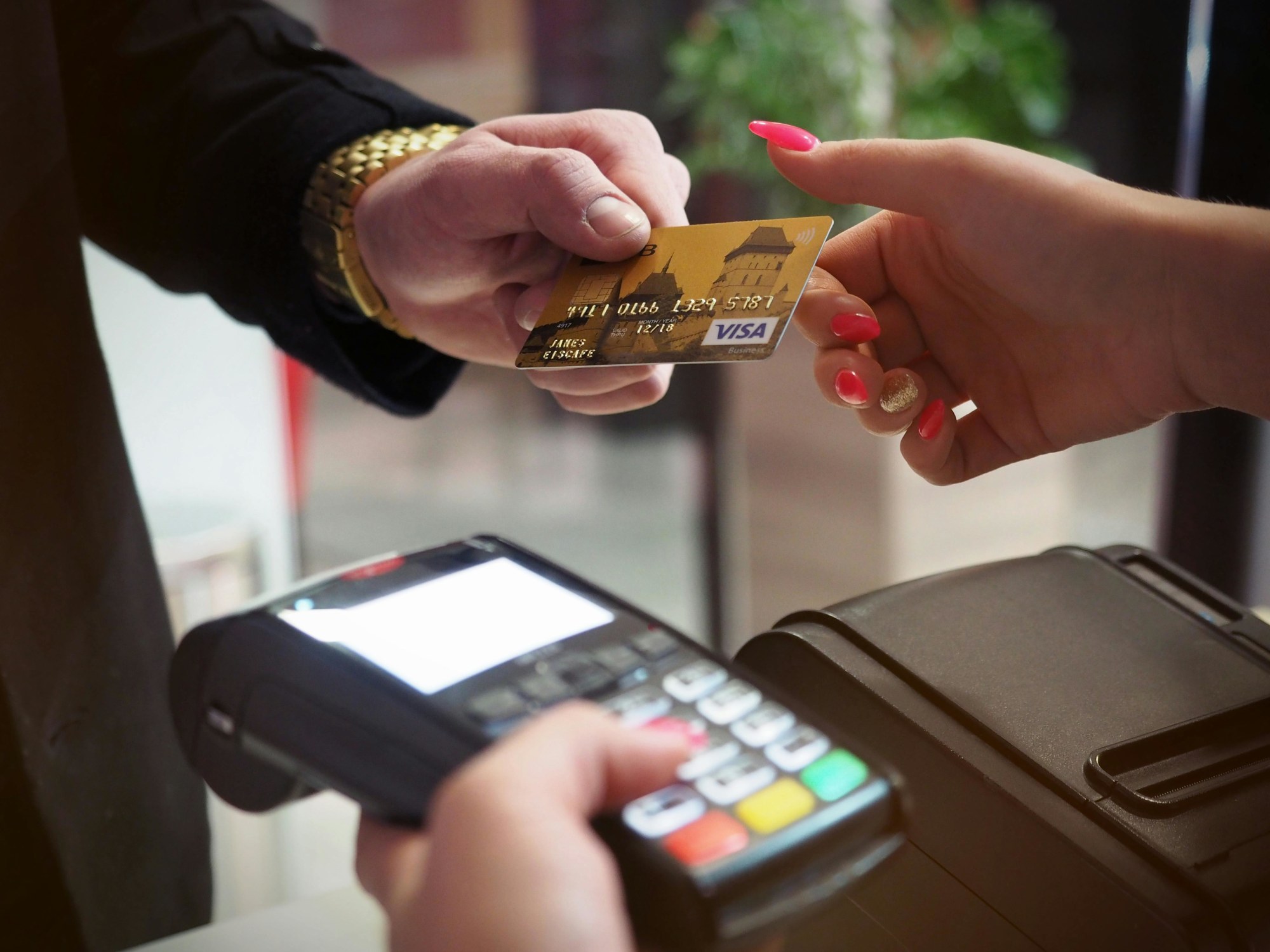Save
Why should you put your money in a bank?
It’s important to save your hard-earned money, but simply stashing it in a vault or under your mattress at home may be unwise.
Why should you put your money in a bank?
It’s important to save your hard-earned money, but simply stashing it in a vault or under your mattress at home may be unwise.

Handing over your hard-earned money to the bank may make you anxious, but it’s a better way to protect and grow your savings.
Here are some reasons why keeping your money in a bank is the better choice for your savings:
Liquidity
Banks have many financial products to offer, but if liquidity is really important, consider opening a high-interest savings account in a reliable bank. Keeping your cash at home may ensure that you can use it anytime, but its value may erode rapidly because your home vault or mattress offers no protection from inflation.
If you put your money in a bank, your cash will earn interest, even if the returns are smaller than other investments.

Control
You, as the depositor, has full control over your money and can make withdrawals anytime without having to worry about additional management fees or penalties.
Likewise, you may automate payment processes for your utilities and other bills if your money is in the bank.
Safety
Another advantage is that money deposited in authorised deposit-taking institutions are usually insured by the government for up to $250,000. This means depositors can get their deposit of up to $250,000 back if the bank suddenly closes down or its vaults are engulfed by flames.
Likewise, your money is somewhat protected from the effects of inflation because it earns an interest as long as your account is eligible.
Growth
Your money can grow in the bank from the interest your account earns each year. While interest rates may often be low for savings accounts, this still beats zero growth when compared with keeping the money in your home.
Furthermore, you will have a variety of banks and account types to choose from, so there’s always the possibility of earning more from a higher interest rate. One such bank product is a certificate of deposit (CD), more commonly called “term deposit” (TD).
A CD or TD is a type of time deposit savings account that offers account holders a higher interest rate. This can guarantee fixed returns that account holders would receive upon maturity – or at the end of their chosen lock-in term.
Most TDs don’t allow early withdrawals, but some banks may permit it if the account holder agrees to pay the early withdrawal penalty.
Explore nestegg for more information about banks, saving and investing.
About the author

About the author


Savings account
Protecting your savings from inflation in Australia
Inflation is an economic phenomenon that erodes the purchasing power of money over time, directly impacting the real value of your savings. In Australia, as in many parts of the world, periodic rises ...Read more

Savings account
Maximising your savings effortlessly: The power of automation in Australia
In the fast-paced world we live in, managing finances can often become an overlooked aspect of our daily routines. However, the advent of technology has introduced a seamless solution to this ...Read more

Savings account
Maximising your savings account: What you need to know
Saving money is a fundamental aspect of financial security and wellbeing. Read more

Savings account
Are ‘nudges’ the secret ingredient to financial wellness?
Are better financial habits a simple reminder away? Read more

Savings account
Afterpay launches Money app, bank accounts and retroactive BNPL
Afterpay is upgrading its app-based arsenal. Read more

Savings account
2020 saw the fastest increase in bank deposits since the GFC
Bank deposits of Australian households increased by more than 12 per cent last year. Read more

Savings account
Australians are putting savings goals ahead of holiday plans
While travel restrictions are soon set to ease, Australians are still putting their savings goals first. Read more

Savings account
More than half of Aussie Millennials don’t have a savings plan
Money is remaining a taboo subject for Millennials, which is leading to poor saving habits, a big four bank has revealed. Read more

Savings account
Protecting your savings from inflation in Australia
Inflation is an economic phenomenon that erodes the purchasing power of money over time, directly impacting the real value of your savings. In Australia, as in many parts of the world, periodic rises ...Read more

Savings account
Maximising your savings effortlessly: The power of automation in Australia
In the fast-paced world we live in, managing finances can often become an overlooked aspect of our daily routines. However, the advent of technology has introduced a seamless solution to this ...Read more

Savings account
Maximising your savings account: What you need to know
Saving money is a fundamental aspect of financial security and wellbeing. Read more

Savings account
Are ‘nudges’ the secret ingredient to financial wellness?
Are better financial habits a simple reminder away? Read more

Savings account
Afterpay launches Money app, bank accounts and retroactive BNPL
Afterpay is upgrading its app-based arsenal. Read more

Savings account
2020 saw the fastest increase in bank deposits since the GFC
Bank deposits of Australian households increased by more than 12 per cent last year. Read more

Savings account
Australians are putting savings goals ahead of holiday plans
While travel restrictions are soon set to ease, Australians are still putting their savings goals first. Read more

Savings account
More than half of Aussie Millennials don’t have a savings plan
Money is remaining a taboo subject for Millennials, which is leading to poor saving habits, a big four bank has revealed. Read more













